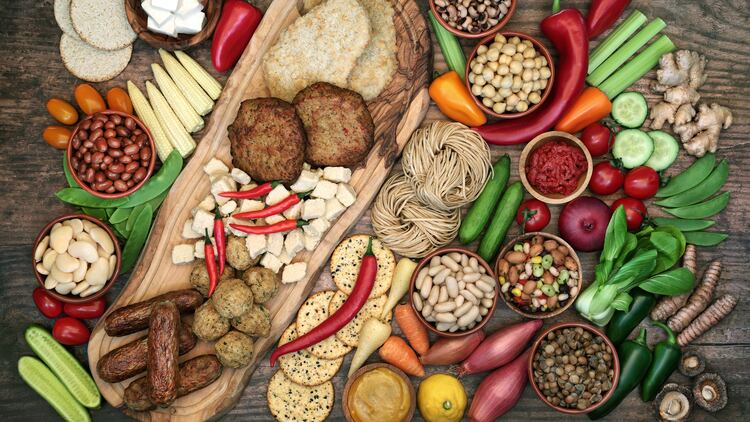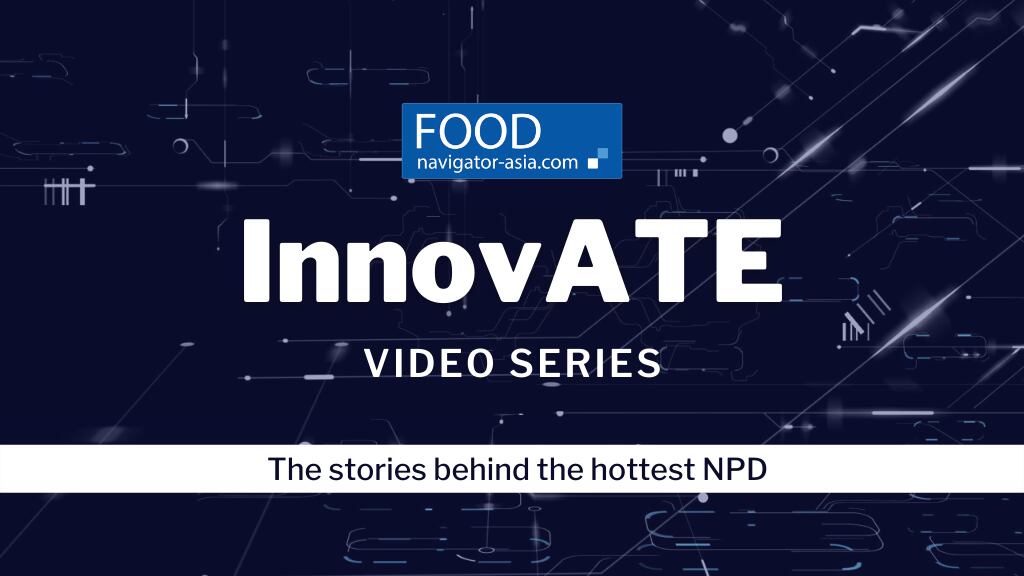Such start-ups, especially those dealing with foodtech, typically encounter difficulty beating competition posed by big food players, said Andrew D Ive, founder of New York-based VC firm and start-up accelerator Big Idea Ventures (BIV).

“Not many foodtech VCs or corporates are interested in foodtech in Thailand. Only in recent years did corporates like Thai Union and ThaiBev and government agencies like NIA (National Innovation Agency) start showing interest, leading to programs like Space F and Foodonopolis and other grants. A novel foods regulatory framework is also needed to drive foodtech innovation in the country, alongside building an ecosystem encompassing innovation and industry partners that helps to nurture small businesses,” said D Ive.
He commented on the country’s foodtech space after his firm made its first Thai investment with plant-based protein firm More Foods, led by Kanwra Tanachotevorapong. Established in 2019, the firm started as an importer of plant-based pioneering brands to The Land of Smiles.
Today, it manufactures proprietary plant-based meat alternatives with a capital of US$90,000 from Thai investors and an additional US$120,000 from BIV. The money financed the brand’s marketing efforts, boosting sales and purchasing ingredients. Its bestseller is the ‘mince’ called More Meat, priced at 89 baht (US$2.50) for 200g and made with local splitgill mushrooms. The ‘mince’ aims to mimic red meat as Thailand is a large consumer of proteins like beef.
For More Foods, D Ive said its products were “more versatile” and applicable to a “variety of dishes”. The firm also places “great emphasis” on ESG goals to help local farming communities, thereby creating a sustainable supply of novel and healthy plant-based ingredients like the splitgill mushrooms.
Terrific Thai-ming
Elucidating on the Thai food market, D Ive said that the country has long been associated with plant-based food due to the widely-practised religion of Buddhism that encourages vegetarianism and the Thai food culture highlighting plant-based dishes. For instance, the mango sticky rice and green papaya salad have been star attractions at Thai restaurants.
He quoted a report titled the Consumer Intel 360 Q4 2020 Global Plant Protein Survey, which showed that 42% of Thais want to reduce their meat intake and replace protein consumption with an alternative.
“The Thailand plant protein market has recorded strong growth with a CAGR of 31.7% from 2018 to 2020, and it will continue to grow. Consumer Intel 360 predicts that from 2021 to 2027, the CAGR will be approximately 21.7%,” he said.
When asked about the highly diverse socioeconomic demographic of the Thai people and the affordability of the offerings in his purview, D Ive believed that the plant-based meat industry has allowed many companies to achieve scalability and price parity with the meat industry. Traditionally, due to the lower income of most Thai households, they have adopted a plant-based diet and often consume beans and tofu as their protein sources, he added.
“Certain brands like Impossible and Beyond can be pricier for them. More Foods has achieved a middle ground between price and nutritional quality, and sustainability of ingredients. Their split gill mushroom is locally sourced, fair trade and high in nutrition, essential for a plant-based diet, but it slightly increases their product cost at around 15 baht more than 100% TVP-based products,” he said.
Discussing the Thai business scene would not be complete without considering today’s political issues. Domestic news agencies recently reported that the opposition parties had submitted a petition to seek the court’s ruling on the legitimacy of the premiership of Prayut Chan-o-cha. They were concerned that his rule might exceed the eight-year limit laid out in the 2017 Constitution. The next general election is slated to occur in 2023 and could potentially trigger economic turbulence. However, D Ive said he was “glad to consider working with amazing teams in Thailand”.
In conclusion, he has faith in the Thai market as the cuisine is renowned worldwide, and its tourism industry is on the road to recovery as COVID-19 restrictions ease. Subsequently, these factors could boost the food retail industry.
“The food manufacturing and agricultural industries are big and constantly growing at 23.8% of GDP in 2019. Locals are already predisposed to a plant-based diet, which makes raising awareness and garnering acceptance easier than in other countries. We also see an increase in start-ups using food innovation to disrupt the current practices to create better products,” he said.
Proteins, probiotics and healthy ageing are major focus areas of our upcoming Growth Asia Summit in Singapore from 11 to 13 October. Check out big-name brands, international experts and pioneering start-ups slated to present here.




